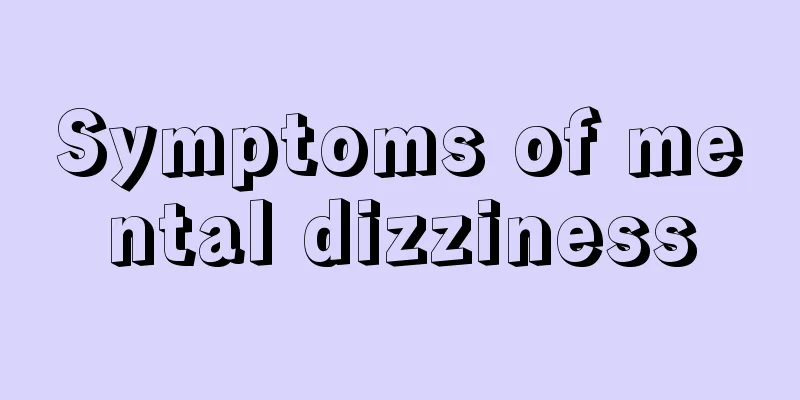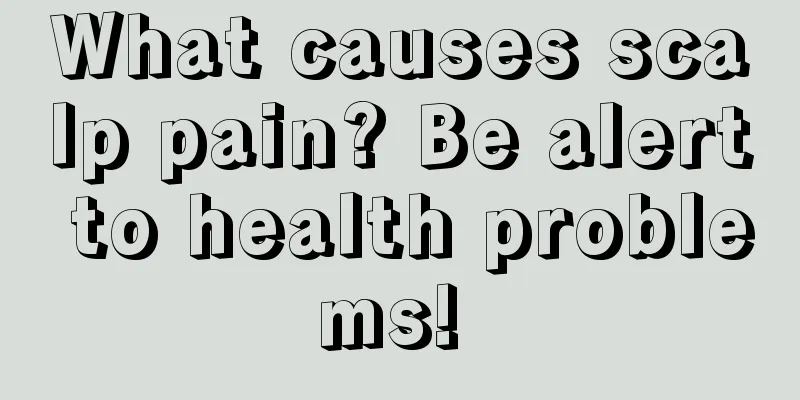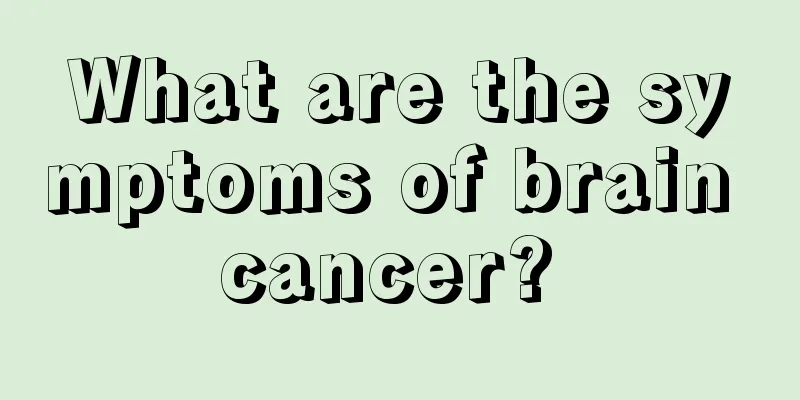Symptoms of mental dizziness

|
Most people have experienced headaches, but some people's headaches are caused by mental problems. The symptoms of mental dizziness are also different from other types. Most of the symptoms of mental dizziness include panic attacks, and at the same time, rapid heartbeat, palpitations, etc. are more obvious. Patients with psychogenic dizziness may also suffer from insomnia and anxiety; some people may become depressed due to emotional problems, and headaches may be the initial symptom. Among the many types of dizziness, there is one called psychogenic dizziness. It does not refer to a specific mental illness, but is a general term for a type of dizziness caused by a variety of mental and psychological disorders. The pathogenesis of psychogenic dizziness is generally believed to be due to the patient's panic attack, which causes hyperventilation, causing a large amount of carbon dioxide in the blood to be discharged from the body, leading to vasoconstriction, increased vascular wall resistance, accelerated heartbeat, and the patient feeling palpitations. The cause of psychogenic dizziness may be secondary to certain diseases. For example, the patient has certain diseases and he develops a fear of these diseases, which leads to insomnia, anxiety, and depression, and he will feel dizzy. On the other hand, it may be caused by emotional disorders, such as mental discomfort and unhappiness, which cause the patient to have a bad mood, which may manifest in the form of dizziness. The treatment of psychogenic dizziness is different from other vestibular diseases. Most patients can be treated in outpatient clinics. The key is to reduce the patient's various stresses and relieve anxiety. Psychogenic vertigo: It is essentially a manifestation of neurosis. Most of them feel dizzy, but it is not true vertigo and there is no motion illusion. When patients complain of "vertigo" or "dizziness", there is no spontaneous nystagmus or spontaneous tilting. They often have other manifestations of neurosis such as insomnia, anxiety, tension, memory loss, difficulty concentrating, etc. There are no vestibular or non-vestibular organ diseases. The main causes of the disease are emotional and mental factors. Drug treatment Selective serotonin reuptake inhibitors (SSRIs) are the first-line medication for depressive disorders and the main drug for anxiety and depressive disorders. Several open prospective studies have shown that SSRI can improve dizziness symptoms in patients with psychogenic vertigo and is effective in treating psychogenic vertigo. These drugs include paroxetine, sertraline, fluoxetine, citalopram, fluvoxamine maleate, etc. Increased anxiety may occur at the beginning of SSRI treatment, and patients may terminate treatment prematurely. Therefore, patients need to be informed that increased symptoms are generally temporary and given counseling support. The solution is to start treatment with a low dose and slowly increase the dose over a few weeks, which can avoid or reduce side effects to a certain extent. During the first few weeks, SSRI therapy may need to be combined with a benzodiazepine. Certain Chinese patent medicines, such as Wulingjun powder, have certain therapeutic effects on patients with mild symptoms or some patients with moderate psychogenic vertigo, and Chinese herbal preparations are safe and have fewer side effects. If the patient has obvious mental disorders or is at high risk of suicide or self-harm, it is recommended to be referred to a psychiatric professional for treatment. Psychotherapy Cognitive behavioral therapy (CBT) has a clear therapeutic effect on patients with anxiety disorders by changing patients' erroneous cognitions and thus abnormal behaviors. Exposure therapy can be used to treat phobias or panic disorders. The effectiveness of psychotherapy for psychogenic vertigo needs to be studied. The clinical evaluation and treatment of psychogenic vertigo have their own particularities. In clinical practice, the first thing to do is to correctly identify the disease and reduce misdiagnosis. At the same time, we must attach importance to communication with patients, explain the causes of vertigo symptoms to patients in detail and provide necessary drug treatment. |
<<: Headache symptoms caused by getting angry
Recommend
What are the symptoms of pancreatic tumors
Pancreatic cancer is a type of malignant tumor. I...
Orthostatic hypotension in young people
Orthostatic hypotension generally manifests itsel...
How to Overcome Claustrophobia
Everyone must have seen this situation on TV: aft...
What is the appropriate temperature for foot soaking
Foot soaking can effectively relieve the phenomen...
Correctly understand the hazards of osteosarcoma
Everyone is familiar with osteosarcoma. It is ver...
How long does it take for shingles blisters to disappear
Shingles is a skin disease that is very common in...
Can I do scraping on my waist?
Back pain is a common phenomenon in daily life, w...
Acne on face
Acne on the face is very painful and will have a ...
Why do I have sore shoulders when I sleep at night? These are the two reasons
Many people experience shoulder pain when sleepin...
Can eczema heal itself after scabbing?
I believe many people are familiar with the skin ...
What are the precautions for anterior tooth implants
Anterior dental implants have great advantages. N...
The efficacy and side effects of maca tablets
Many older people will pay more and more attentio...
What foods to eat to prevent colon cancer
There are many patients with colorectal cancer ar...
Jugular phlebectasia
The jugular vein plays an extremely important rol...
Is teratoma hereditary?
Teratoma is usually not inherited. It is a germ c...









